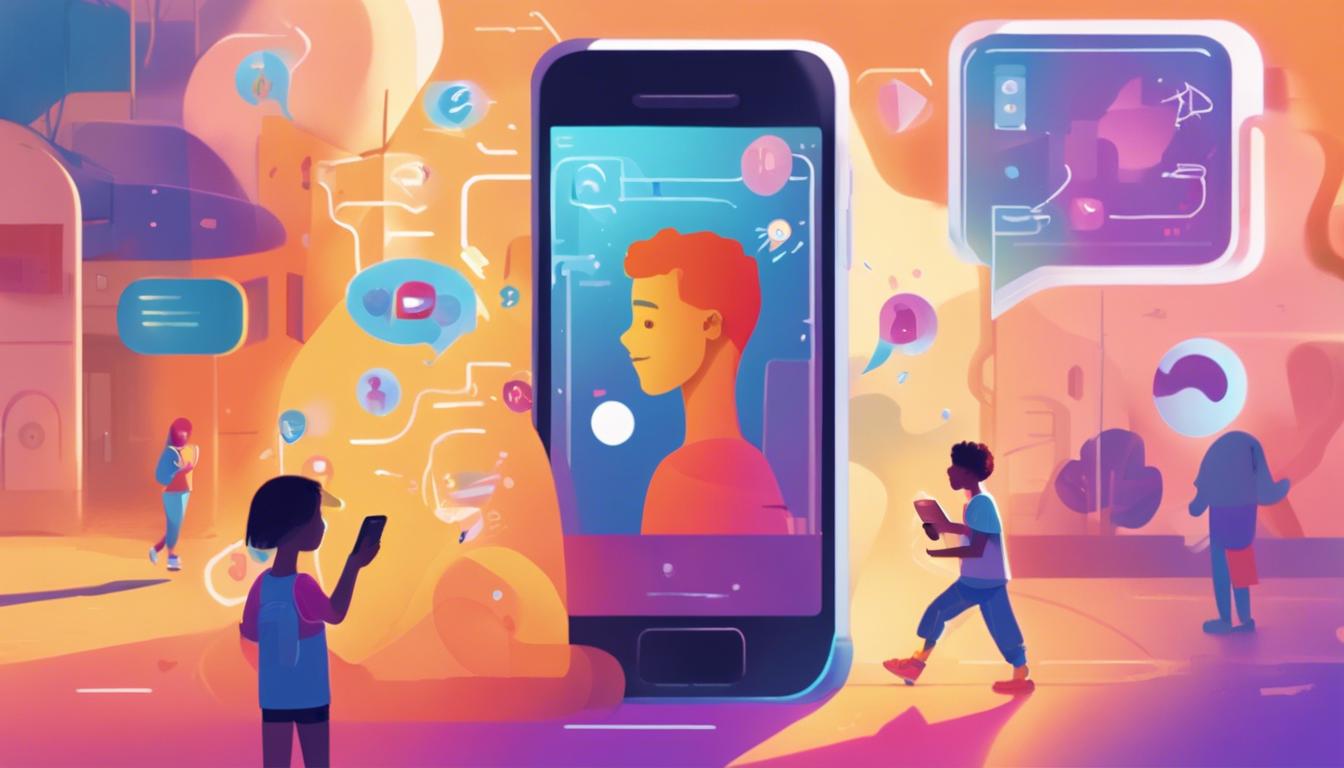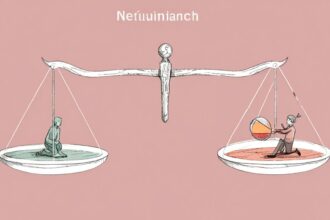Jonathan Haidt’s latest book addresses the mental health crisis among Generation Z, pointing to smartphones and digital immersion as key factors. Amidst these challenges, AI chatbots emerge as a potential tool for emotional support, while the impact of Covid-19 on mental well-being underscores the complexity of today’s mental health landscape.
Jonathan Haidt’s latest book delves into the mental health crisis among Generation Z, attributing significant distress to the advent of smartphones and the subsequent digital immersion of those born after 1995. According to this analysis, the early 2010s marked a notable rise in mental health issues among adolescents, closely correlating with heightened smartphone usage. This phenomenon has particularly exacerbated self-harm and suicide rates, with teenage girls being disproportionately affected. The recommendation put forward involves delaying smartphone access for children, limiting social media use until the later teenage years, and encouraging more in-person interactions as strategies to counteract these mental health challenges.
Parallel to Haidt’s findings, AI chatbots are gaining recognition as a tool to mitigate mental health issues among teens and young adults. Platforms like Earkick offer a sympathetic interface for stress and anxiety management, despite not being classified as therapy. The effectiveness and regulatory landscape of such AI chatbots remain debated, with psychologists suggesting their potential in addressing less severe mental health concerns. The UK’s National Health Service has incorporated a chatbot, Wysa, to provide interim support for individuals experiencing stress, anxiety, and depression, highlighting an ongoing exploration of chatbots’ role within mental health care frameworks.
The Covid-19 pandemic has further complicated the mental well-being landscape by distorting perceptions of time, as reported by Professor Ruth Ogden from Liverpool John Moores University. Over 80% of people surveyed in the UK experienced alterations in how swiftly or slowly time seemed to pass, an effect tied to their emotional state. Disrupted routines, memory lapses, and ‘brain fog’ have emerged as byproducts of the pandemic, alongside concerns over Covid-19’s potential long-term impact on cognitive functions. These findings underscore the broad, lingering implications of the pandemic on daily life and mental health, emphasizing the necessity for ongoing support and adaptation to the challenges posed by digital technologies and the aftermath of Covid-19.













